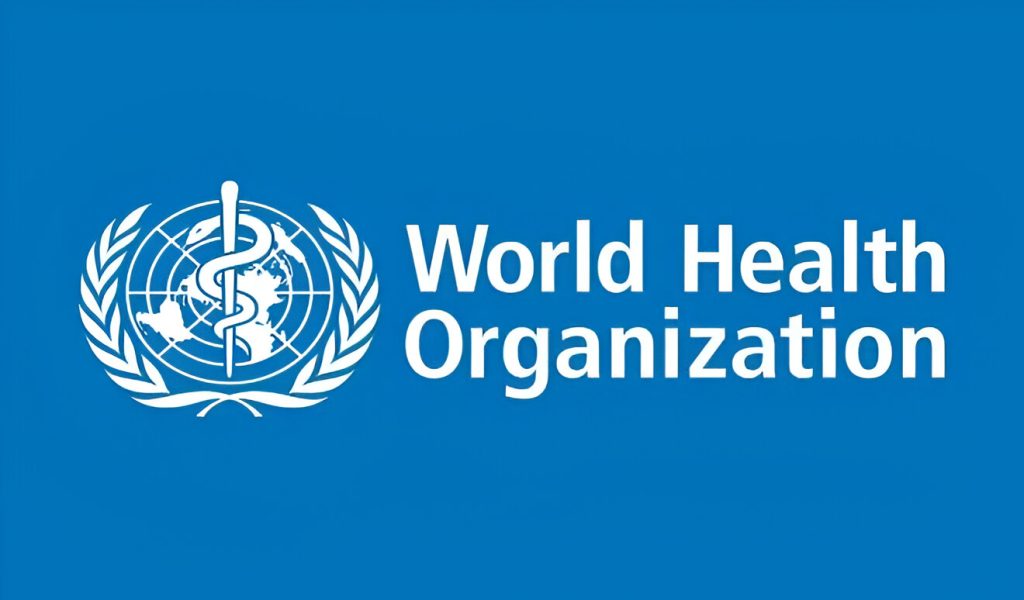On December 15, 2023, the World Health Organisation (WHO) Director-General, Dr. Tedros Adhanom Ghebreyesus, made a significant announcement, officially declaring Noma (cancrum oris or gangrenous stomatitis) as a Neglected Tropical Disease (NTD). The decision, endorsed by the 17th meeting of the Strategic and Technical Advisory Group for Neglected Tropical Diseases, underscores WHO’s commitment to extending health services to the most vulnerable populations globally.
The Federal Government, in collaboration with Medecins Sans Frontieres and 31 other member states, proposed the inclusion of Noma as an NTD in the WHO’s official disease listing in November. Noma, a severe gangrenous disease primarily affecting malnourished young children (ages two to six) in regions of extreme poverty, begins as gum inflammation, rapidly spreading to destroy facial tissues and bones, often leading to death and severe disfigurement among survivors.
Accurate estimation of Noma cases is challenging due to its rapid progression, associated stigma, and difficulties in diagnosis. Although predominantly found in sub-Saharan Africa, cases have also been reported in the Americas and Asia. WHO highlighted that Noma is caused by bacteria in the mouth, with risk factors including poor oral hygiene, malnutrition, weakened immune systems, infections, and extreme poverty.

Early detection is crucial, as therapy is most effective at the acute necrotizing gingivitis stage, involving antibiotics, oral hygiene improvement, and nutritional supplements. In severe cases, surgery may be necessary, and survivors face challenges such as severe facial disfigurement, difficulty eating and speaking, social stigma, and isolation.
Dr. Tedros Adhanom Ghebreyesus stated, “Noma is more than a disease; it is a social marker of extreme poverty and malnutrition.” The classification of Noma as an NTD aims to raise global awareness, stimulate research, secure funding, and enhance efforts to control the disease. The recognition also seeks to address Noma through multisectoral approaches, contributing to achieving universal health coverage by targeting underserved populations.
Noma management is often handled by oral health programs in endemic areas, with collaboration opportunities to strengthen interventions, especially by integrating Noma within activities aimed at detecting and managing skin-related neglected tropical diseases.
The Government of Nigeria played a pivotal role in having Noma included in the NTD list, submitting an official request in January 2023, supported by 32 Member States and partner institutions contributing valuable information. The formal process for adding new conditions to the NTD list, established by the STAG-NTD in 2016, has included diseases such as mycetoma, chromoblastomycosis, scabies, snakebite envenoming, and now Noma, bringing the total to 21 diseases on WHO’s NTD list.


